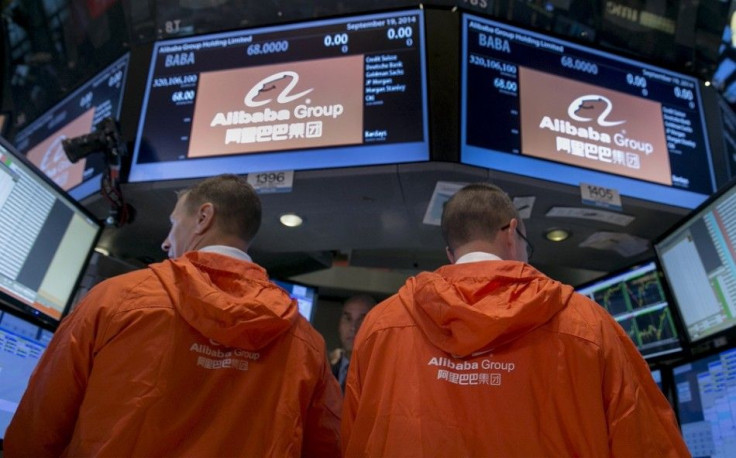Alibaba continues to struggle, stock recovery possibilities and high hurdles

China's slowing growth is contributing to Alibaba's struggle as the company faces record low shares. Following the company's blockbuster IPO, investors are not worried over disappointing earnings results and stock price going as low as $74 - only slightly above its IPO offering at $68. Can Alibaba recover?
Alibaba along with other companies aiming big in China are now facing a curious macroeconomic problem. Forbes Tim Worstall calls the issue as "China's penchant for financial repression." It is a term referring to government efforts to restrict purchasing choices or power of citizens. In a nutshell, China's government can control what citizens do with their money in order to dive down the cost of capital in favor of other economic sectors.
This is taking a toll on Chin as the company revealed $3.26 billion in revenue missing expectations at $3.39 billion. Quarter profits were at $4.97 billion. Wall Street Journal reportedly previously that much of the problem is also due to the company's struggle to take over China's mobile commerce. It has done so with desktop purchasing but China's economic downturn and Yuan devaluation has investors thinking whether the Chinese are willing to spend to boost Alibaba's growth.
The International Monetary Fund (IMF) warned the China may be in line for some "disoredly correction" should growth continue to slow down along with its reform program. Markus Rodlauer, head of the IMF mission to China, shares (via Yahoo News): "The faster the progress, the sooner the benefits will materialize...Insufficient progress in containing vulnerabilities and advancing structural reforms continues to pose the biggest risk to the outlook."
He also adds: ""If there were going ahead insufficient progress that would be the biggest risk that, if realize, could result over the medium term in a disorderly correction and a protracted period of slower growth." MarketWatch adds that in order for Alibaba to evade a bearish future, it has to boost its sales extremely fast. At the very least, its PSR should remain afloat against others in the industry.
Contact the writer at feedback@ibtimes.com.au, or let us know what you think below.






